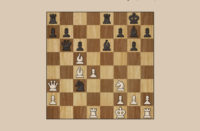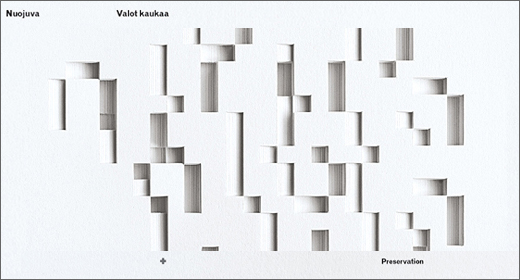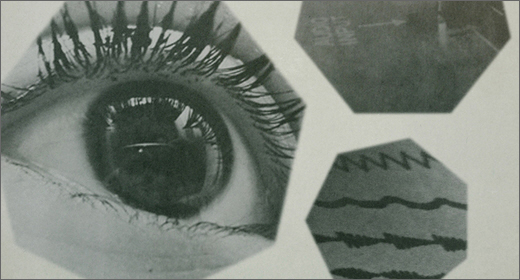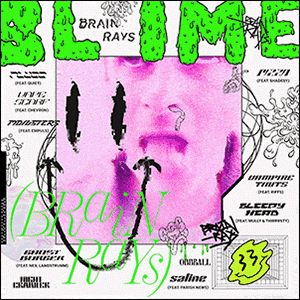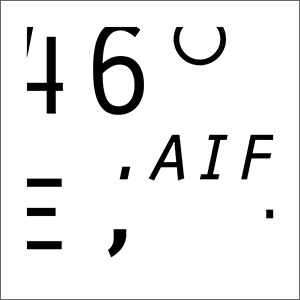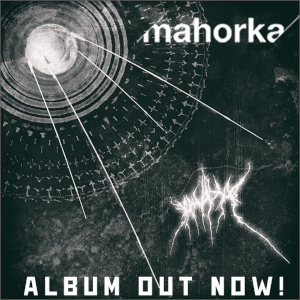Olan Mill’s new album is a mix of swirling, grainy synth washes, classical strings and disembodied, operatic soprano vocals floating in a slow-motion drift.
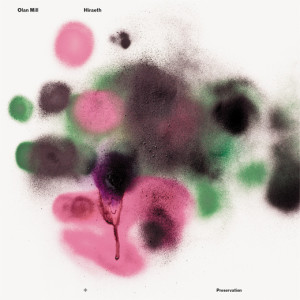 Since the enchanting debut album Pine on Serein and the majestic Paths on the super-deluxe Facture, Olan Mill has now made something of a home for itself on Australia’s Preservation, an excellent label renowned for releasing a steady stream of modern classical and ambient releases, many of which fuse the two expertly. Olan Mill has lost Svitlana Samoylenko as a permanent member of the group in that time, but Alex Smalley has widened the scope of his ambitions to include a larger cast of players, and the first example of this new iteration of Olan Mill was heard on Home, released as part of Preservation’s ‘Circa 2012’ series.
Since the enchanting debut album Pine on Serein and the majestic Paths on the super-deluxe Facture, Olan Mill has now made something of a home for itself on Australia’s Preservation, an excellent label renowned for releasing a steady stream of modern classical and ambient releases, many of which fuse the two expertly. Olan Mill has lost Svitlana Samoylenko as a permanent member of the group in that time, but Alex Smalley has widened the scope of his ambitions to include a larger cast of players, and the first example of this new iteration of Olan Mill was heard on Home, released as part of Preservation’s ‘Circa 2012’ series.
Hiraeth has a very strong opener in “Neutrino” as Olan Mill’s recognizable mix of swirling, grainy synth washes mingle with classical strings and – continuing a trend that began on Home – disembodied, operatic soprano vocals floating in a timeless slow-motion drift. The patter of rain follows in “Echo of Tomorrow,” rudely interrupted moments later by the growl and thunk of approaching machinery, before the same formula begins anew. It is at this point, with Hiraeth already repeating itself, that it all starts to go awry. Maybe it’s down to structure and presentation, rather than any fault with the music itself, because had “Neutrino” segued directly into “Echo of Tomorrow” this might have been less pronounced.
It is for tracks like “Cultivator” that Olan Mill is rightfully compared to artists like Richard Skelton, both being adept at conveying a love of nature and landscape, Smalley in this case mourning its gradual erosion in an increasingly overpopulated world. The first two minutes of “Cultivator” are an introduction of sorts, haunted by two intertwined, wraith-like vocals and smoky bass pads. A warm, piano accented eight minutes follows with an uneasily hefty sub-bass drone set against reedy and, disturbingly, rather pitchy and out of place violins. This mix of homely piano, vocal phantasms and often discordant and reedy high pitched strings work against, rather that with each other.
The opening moments of the first section of “Nature For Equal Rights” consist primarily of the spectral wail of Patricia Boynton’s warbling, operatic vocals, a vocal aesthetic wholly reminiscent of, though somewhat less successful than, the archival vocals used by Akira Rabelais on Spellewauerynsherde. There are passages in the second movement that unintentionally sound like a sample from ‘Slave To The Rhythm’ by Grace Jones, and it once again features a rather jarring synth sub-bass drone in the midst of the soupy wash of strings. The third section is much better, Boynton’s operatic soprano vocals spiraling and weaving through more drones and upper register strings, but there’s still a lingering sense that the classical and electronic elements simply aren’t gelling as they should.
Hiraeth‘s most successful moment is probably its last, as “Soft Furnishings” keeps everything beautifully simple. The most melodic and structured of Boynton’s vocals float atop swelling waves of synth and strings conjuring a miasma of panoramic imagery and a numinous, reflective yearning, perfectly in keeping with the themes Smalley wanted to address on the album.
Hiraeth is apparently a Welsh word with no direct English translation, but which roughly equates to a feeling of longing, nostalgia and sadness over something or someone long since lost and that may never return. It’s hard to relate to and become deeply involve with, an perhaps Hiraeth is simply too personal a record to be broadly accessible. There are some beautiful moments here, particular the opening and closing pieces, but overall there’s something amiss here, and its component parts never really come together to form a coherent whole.
Hiraeth is available on Preservation.








